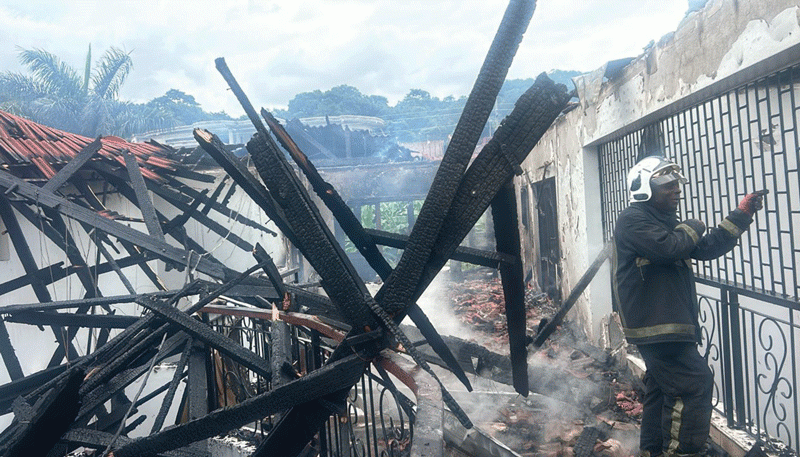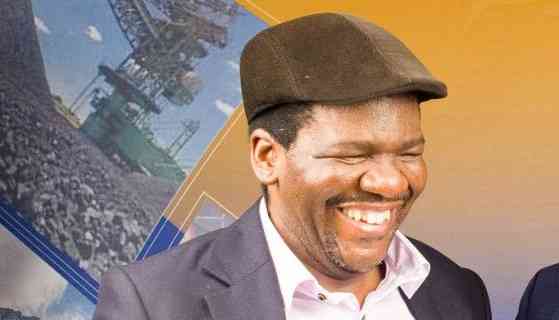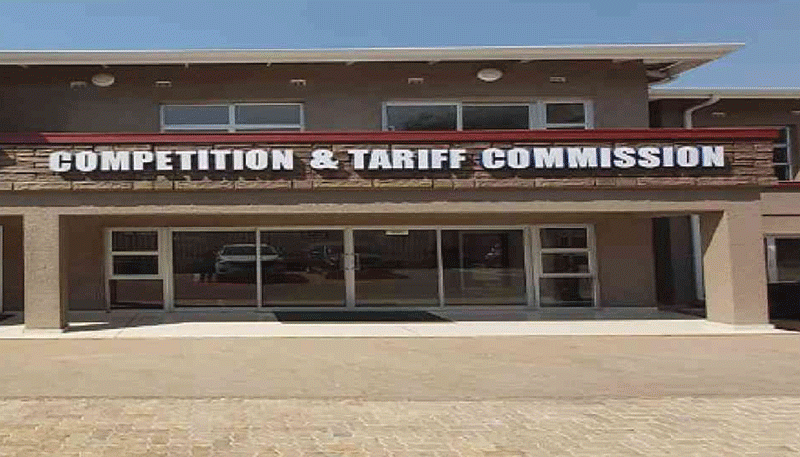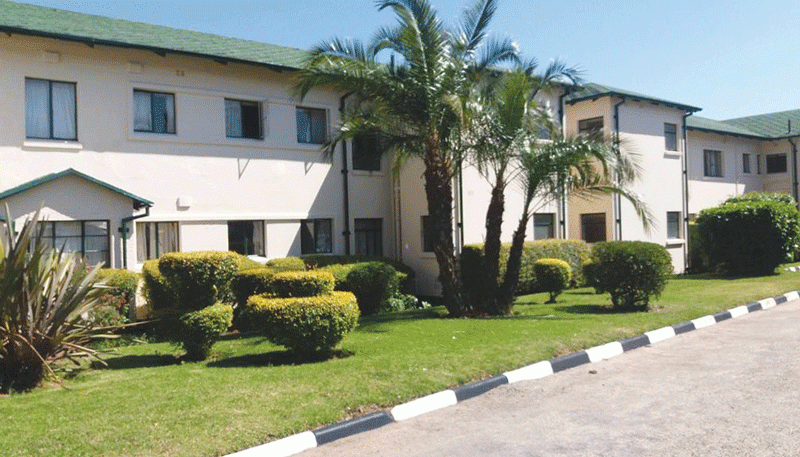ZIMBABWE’S ambassador to Germany, Poland and Switzerland, Hebson Makuvise, yesterday said Zimbabwe’s inclusive government could learn many lessons from the German coalition government. He said there was need for coalition governments to work for the good of the people instead of spending time bickering over political party differences.
Report by Veneranda Langa
In an interview with NewsDay reporter Veneranda Langa (ND) in Berlin, Germany, Makuvise (HM) said German investors were interested in Zimbabwe, but unfavourable indigenisation policies were hindering them. The following are excerpts of the interview:
ND: When where you deployed as an ambassador and which countries are you accredited to? HM: I was deployed to Germany at the beginning of March 2010. I have multiple accreditation and am Ambassador to Germany, Poland and Switzerland. Although I am accredited to the three countries, my residence is in Berlin and my job is to strengthen relations between Zimbabwe and the three countries by promoting trade and political relations.
ND: Since your deployment, have you noticed any change in relations between Zimbabwe and those countries? HM: Yes, there has been positive change. Germany does not have a colonial history with Zimbabwe, but their interest in Zimbabwe is very huge. Last year, 21 German businesspeople were sent to Zimbabwe on a fact-finding mission and when they came back, they said they were impressed, but wanted some changes to take place before they could invest. In other words, they are not prepared to invest in Zimbabwe now because of the indigenisation policy. They felt if they did invest in Zimbabwe now, their investments would not be secure. An example is the current invasion of Save Valley Conservancy. Some of these projects are owned by German nationals.
They think Zimbabwe has great potential, but they have said they will decide after the 2013 elections. I think there is need to have a re-look at indigenisation policies to encourage foreign investment.
Keep Reading
- Chamisa under fire over US$120K donation
- Mavhunga puts DeMbare into Chibuku quarterfinals
- Pension funds bet on Cabora Bassa oilfields
- Councils defy govt fire tender directive
ND: How does Germany support other sectors like tourism in Zimbabwe? HM: Since my deployment to Germany, I have noticed that the number of tourists from Germany to Zimbabwe has steadily increased. Zimbabwe is a safe destination, but we still have disadvantages in that there are no direct flights to Zimbabwe. That is one area I have tried to improve. I have made efforts to convince the German airline, Lufthansa, to resume its direct flights to Zimbabwe. This would encourage tourism and potential investment.
ND: What has been the response? HM: They have sent us their proposals and we have forwarded them to the Ministry of Transport and Infrastructural Development. We still await feedback from the ministry.
Lufthansa indicated they were prepared to fly the Victoria Falls via Johannesburg route and the Harare via Addis Ababa route.
ND: How do the three countries you are accredited to view the political situation in Zimbabwe? HM: The latest development regarding the Second All-Stakeholders’ Conference on the draft is encouraging as it ended well. We now await Copac to submit their recommendations to Parliament and after that a referendum and hopefully, free and fair elections in which Zimbabweans are awarded a chance to express their will. That will help portray Zimbabwe in good light.
ND: Do you think a new constitution will usher in electoral democracy? HM: I am convinced that if all the electoral reforms are implemented before elections and a conducive environment is created where there is no violence, then there will be democratic elections.
ND: What is your comment on the Zimbabwe coalition government? HM: My presence in Germany as an ambassador represents the coalition government. It has been a positive change that has taken place in Zimbabwe and it has been well-received in Europe, especially in Germany, Poland and Switzerland. There are, however, many lessons to learn from the German coalition government. They work for the good of the people regardless of their ideological differences.
They work for the good of their country. I witnessed two elections at the German Bundestag (Parliament) and they were peaceful with no name-calling, sloganeering or other things.
There is a lot to learn from them. There is need to invite Zimbabwean MPs from the three political parties to Germany so that they learn how to work for the good of the country.
ND: What is your view on sanctions? HM: There is a Zimbabwean ministerial committee that has been talking to the European Union to resolve the issue of sanctions and we saw the removal of 21 companies and individuals from the sanctions list, which means the EU can see there are changes taking place in Zimbabwe.
The manner we are going to conduct our elections and referendum will help completely remove the sanctions.
ND: There are reports that Zimbabwean embassy personnel are not well-funded and are suffering the world over. What is your comment? HM: My mission has not been spared. Zimbabwe is facing serious cash flow problems and all missions are underfunded. This impacts negatively on our work. I have already mentioned efforts to bring in investment to Zimbabwe, but we find it is difficult to travel and cover the whole of Germany, Poland or Switzerland due to financial constraints.
As a result, we decided to appoint honorary consuls who are financially independent people, with a love for Zimbabwe to compliment the mission’s quest to bring in investment.
A suitable candidate was identified and we sent our proposal to the Ministry of Foreign Affairs, but we still await their feedback.





